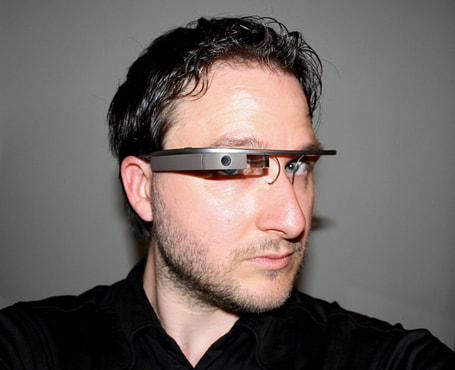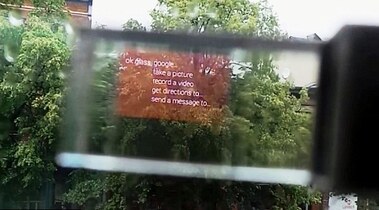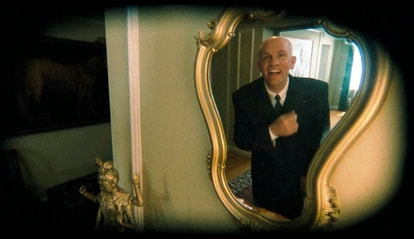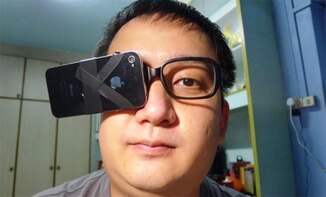I remember once at a Metallica gig at O2 Arena in 2008: frontman James Hetfield pausing to tell everyone in the immediate crowd to “put your fuckin’ cameras and phones away, and just enjoy the show ok?”. (Kate Bush was yesterday the latest artist to make the same request, in much politer words).
James was of course addressing the usuals focused on the tiny screens of their devices, impeding the live experience for the sake of some jerky low-res footage. (To be fair, I’ve done the same but years ago and only a couple of times, for never-played-before tracks).
If I were a member of the Google Glass advertising team I might suggest something like this live bollocking as a decent ad opener, then while the offenders sheepishly lower their phones (as they did in real life) we pan sideways to a smiling metalhead casually recording it all unnoticed through the small prism fixed over his eyeball, his hands free to throw a devil’s horn or lift aloft his plastic beer receptacle as the next number roars into life.
But the trump card's right there: hands-free wearable technology which sees what you see, allowing you also to take a photo with a wink of your eye, and issue voice-activated commands for most smartphone tasks - “call mum”, “text dad”, “who’s winning the QPR game?”. The necessary info is then right there in your field of vision without you having to move a finger. Say “share” and any video or pic you’ve taken is uploaded instantly to your Google+ profile.
It all reminded me of a lot of films set in the future: Robocop's infoscreen, the 'Squid' device in Strange Days, and the more recent Her's operating system, as well as the POV sequences in Peep Show & Being John Malkovich.
Google recently pointed out in its defence that cameras were banned in city parks when they first came on the scene in the late 1800s, over the same privacy concerns cited by Glassophobics ©. But until a newer, heavily-marketed retail version arrives en masse the thorny situation will remain (they’ll need to be cheaper too – current version at least a grand).
The bleaker conclusion is that there's no doubt that this technology will be miniaturised even further in decades to come, into a contact lens next, or eventually a Total Recall-style brain implant, to complete the fusion of human and machine.
And then, of course, the cerebro-machines will become self-aware... (The Googlinator?) ©
All Glass-recorded videos at YouTube channel.
Edited version of post published at Huffington Post.




 RSS Feed
RSS Feed